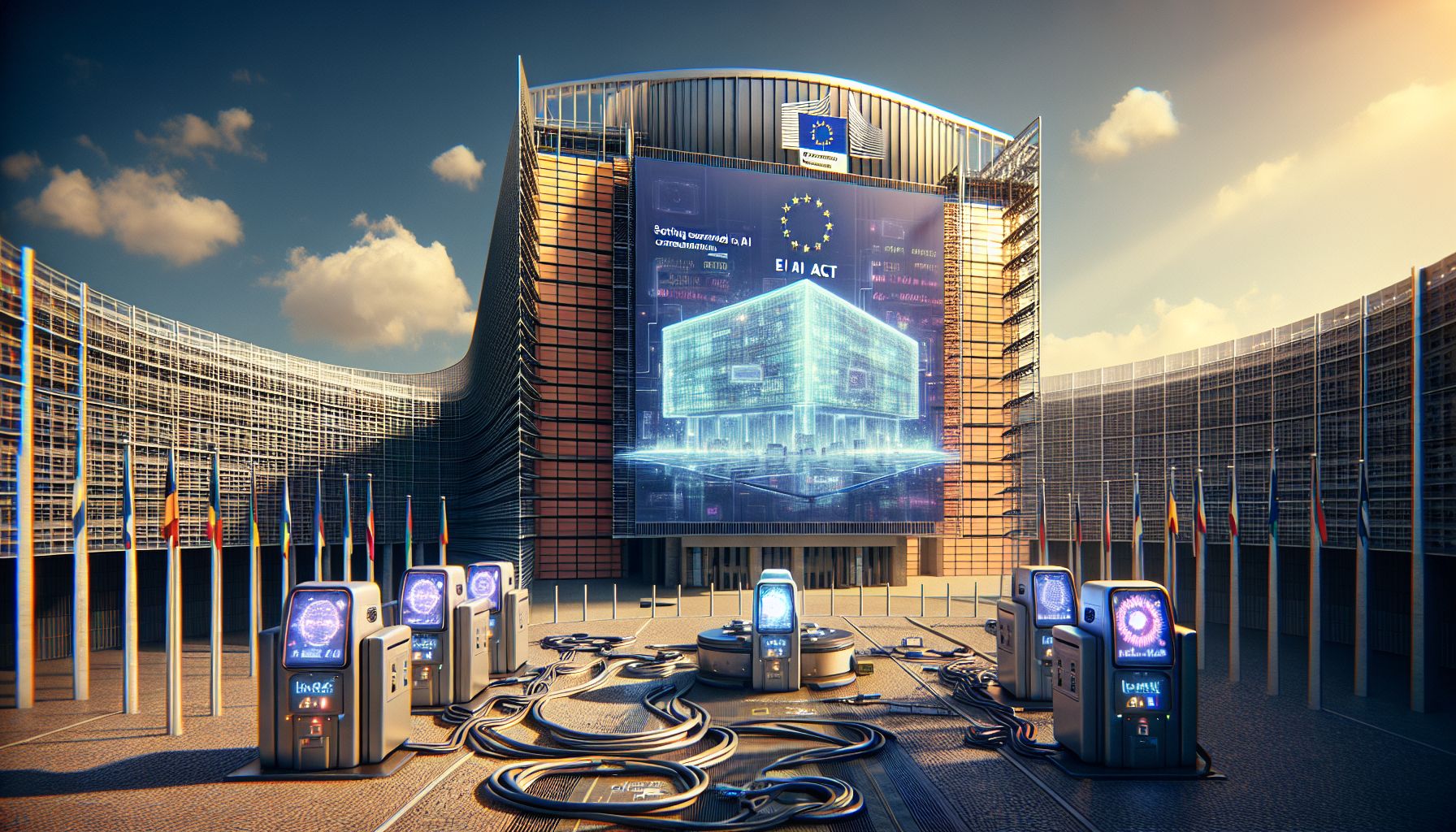EU Takes Bold Step to Measure AI's Hidden Energy Costs

Brussels, Friday, 29 November 2024.
In a groundbreaking move, the European Commission plans to regulate artificial intelligence’s environmental footprint through the AI Act. The initiative will require companies to track and report energy consumption of large language models like ChatGPT and Bard, establishing industry-wide benchmarks by August 2025. This addresses growing concerns about AI’s substantial energy demands and environmental impact, potentially reshaping how tech companies approach AI development.
Understanding the EU’s Environmental Approach to AI
The European Union’s decision to regulate the environmental impact of artificial intelligence marks a significant shift in policy focus. The AI Act, which officially came into force last August, sets out to create a risk-based and human-centric framework for AI systems. By August 2025, general-purpose AI (GPAI) providers will face new obligations to meticulously document and report the energy consumption associated with their models. This move highlights the EU’s commitment to reducing the environmental footprint of AI technologies, which are known to consume vast amounts of energy during their training and operation phases[1].
The Role of Standard Bodies and Methodologies
Central to this initiative is the development of standardized methodologies for measuring AI energy consumption. The European Commission, spearheaded by legal officer Laura Jugel and head of unit Kilian Gross, is collaborating with standard bodies to establish a uniform approach to energy tracking. This involves creating benchmarks that AI companies must adhere to, ensuring that environmental impacts are both measurable and comparable across the industry. Such a regulatory framework not only aims to mitigate the ecological impact but also addresses economic burdens faced by companies due to high energy costs[2].
Potential Global Implications and Industry Response
The AI Act is expected to set a precedent, potentially influencing global standards akin to the EU’s General Data Protection Regulation (GDPR). As AI continues to permeate various sectors, from healthcare diagnostics to online content management, the need for responsible and sustainable AI practices becomes increasingly urgent. Companies developing AI technologies must prepare for these changes, as the new regulations will likely affect operational strategies and technological development paths. The initiative underscores the EU’s leadership in fostering a sustainable digital economy, balancing innovation with environmental stewardship[3].
Looking Ahead: Challenges and Opportunities
Implementing these regulations presents both challenges and opportunities. For AI developers, aligning with the new standards will require investments in research and adjustments in operational practices. However, this also opens avenues for innovation, as companies explore more energy-efficient algorithms and technologies. The EU’s strategic investment in AI, supported by programs like Horizon Europe and Digital Europe, aims to bolster this transition, allocating significant resources to ensure that European AI remains competitive while adhering to sustainability goals. The forthcoming changes promise to reshape the AI landscape, encouraging a more balanced approach to technological progress and environmental responsibility[4].

